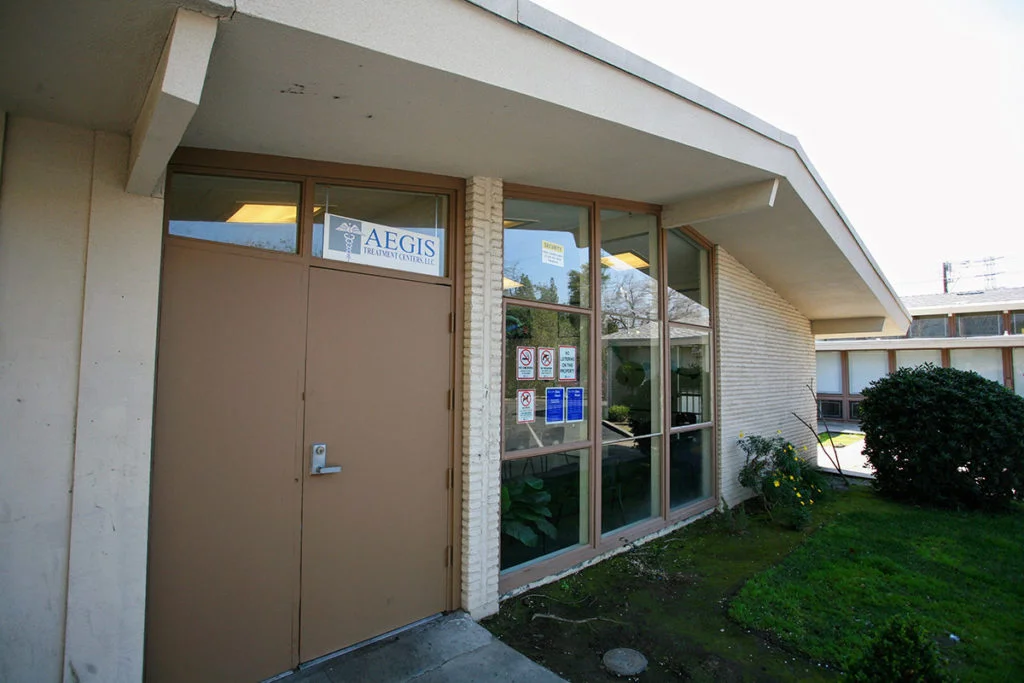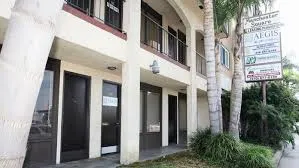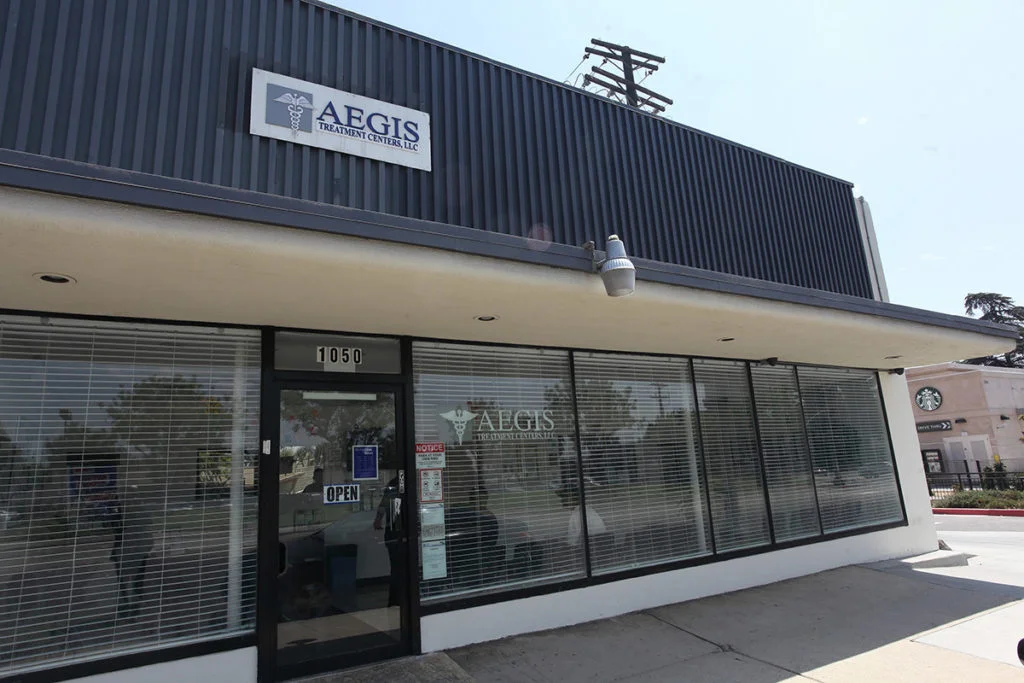AEGIS Treatment Centers - Healthy Connections Information
Treatment
Who We Treat
- Male and Female
- Pregnant Women
Treatment Focus
- Opioids
- Medication-Assisted Treatment
Approaches
- Medical
- Evidence-Based
- Individual Treatment
Substances We Treat
- Alcohol
- Opioids
Languages
- English
Level of Care
- Outpatient
- Virtual & In-Home Care
Experience
Special Considerations
- Gender-specific groups
Accreditations
-
SAMHSA certification for opioid treatment program (OTP)
SAMHSA's Opioid Treatment Programs (OTP) accreditation is a prestigious recognition that signifies a program's compliance with stringent standards and guidelines established by the Substance Abuse and Mental Health Services Administration (SAMHSA). This accreditation demonstrates an OTP's commitment to providing high-quality, evidence-based care for individuals struggling with opioid use disorder (OUD). It serves as a trusted symbol of accountability and excellence, assuring patients, families, and communities that the OTP offers safe, effective, and comprehensive treatment options for OUD.
-
Commission on Accreditation of Rehabilitation Facilities (CARF)
CARF accreditation is a globally recognized certification for rehabilitation and human service organizations. It signifies that an organization meets high-quality standards and is committed to providing top-level care. Achieving CARF accreditation involves a rigorous evaluation process, including on-site surveys. This accreditation enhances an organization's reputation, instills trust in clients and funders, and encourages ongoing excellence in the field.

-
State department of health
State Licenses, issued by government agencies, authorize rehabilitation organizations to legally operate within designated geographical areas. The specific licenses required for operation are typically determined by both the nature of the rehabilitation program provided by the facility and its physical location.

Additional Locations
AEGIS Treatment Centers - Healthy Connections Accepts The Following Insurance Plans
Find the best treatment options. Call our free and confidential helpline today!





















